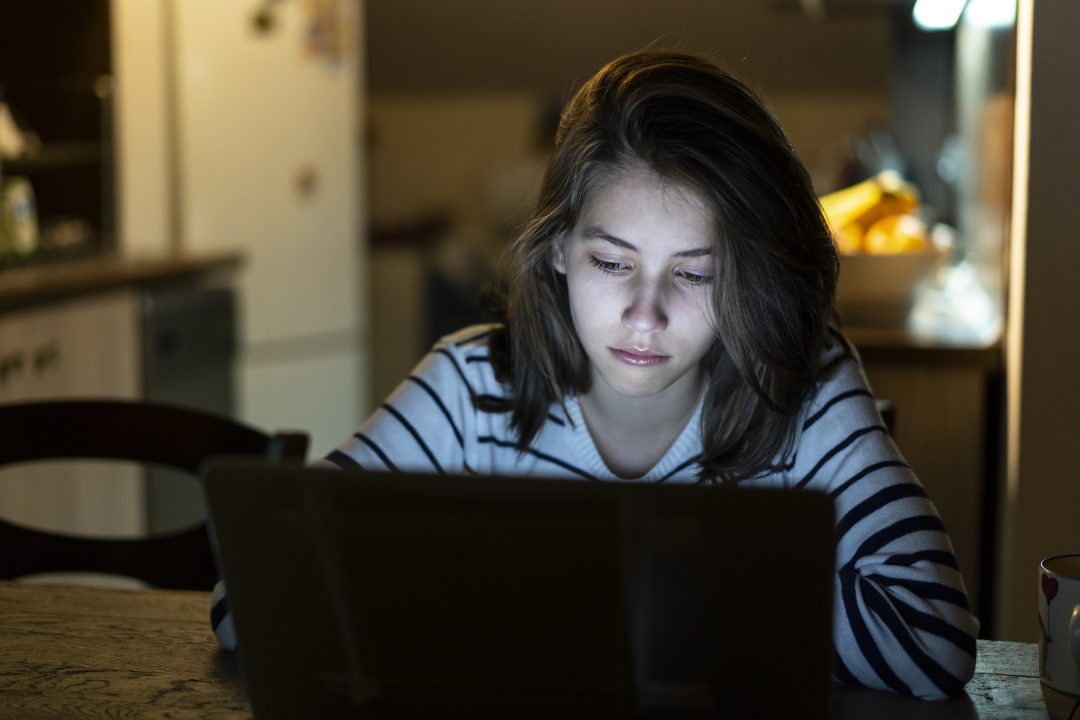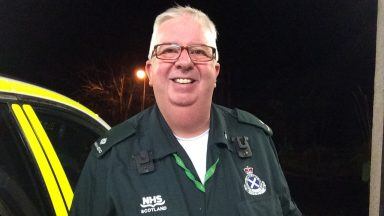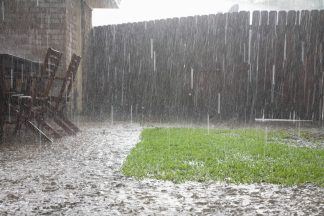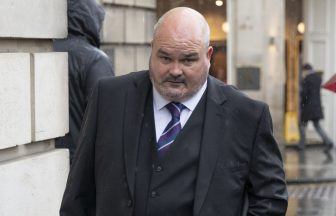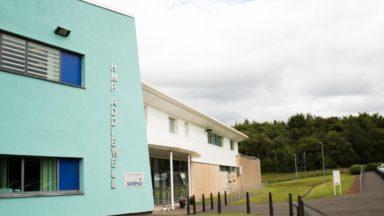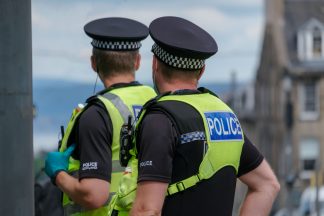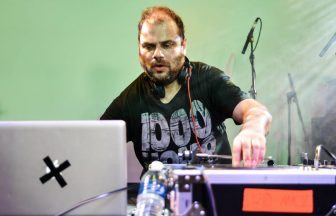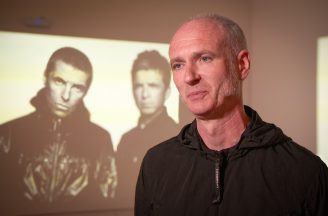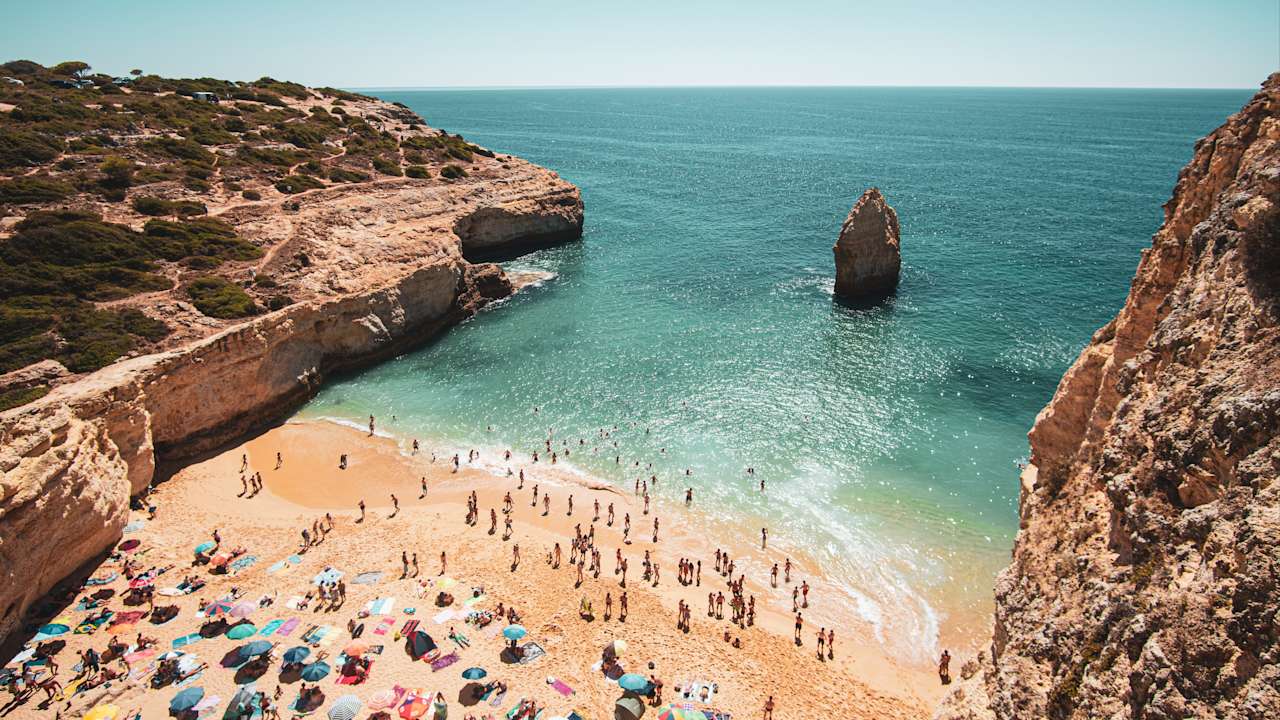Key Points
-
 Online grooming and sexual exploitation of children is on the rise across the world
Online grooming and sexual exploitation of children is on the rise across the world -
 Police Scotland received more than 2,000 reports last year, but that is just the tip of the iceberg
Police Scotland received more than 2,000 reports last year, but that is just the tip of the iceberg -
 STV News can exclusively reveal more than 150,000 children in Scotland are likely to have experienced online sexual abuse in the last year
STV News can exclusively reveal more than 150,000 children in Scotland are likely to have experienced online sexual abuse in the last year -
 That’s more than 400 children per day, or enough children to fill Hampden Park three times over
That’s more than 400 children per day, or enough children to fill Hampden Park three times over -
 The crimes can include non-consensual taking, sharing or exposure to sexual images and videos
The crimes can include non-consensual taking, sharing or exposure to sexual images and videos
Over 150,000 children in Scotland are likely to have experienced online sexual abuse in the last year, STV News can exclusively reveal.
That’s more than 400 children per day, or enough to fill Hampden Park three times over.
Police Scotland received more than 2,000 reports last year but that doesn’t reflect the true scale of the problem, according to experts from the global child safety institute Childlight.
The new estimates are more than 70 times higher than the number of cyber-enabled sexual crimes against children recorded by police.
Online grooming and sexual exploitation of children is on the rise across the world, with crimes including non-consensual taking, sharing, or exposure to sexual images and videos.
Some children also find themselves victims of extortion or blackmailed into sending more explicit content.
Professor Deborah Fry, the director of data at Childlight, describes the research as “gold standard”.
It states that an estimated 300 million children across the world have experienced at least one form of online exploitation or abuse in the past year.
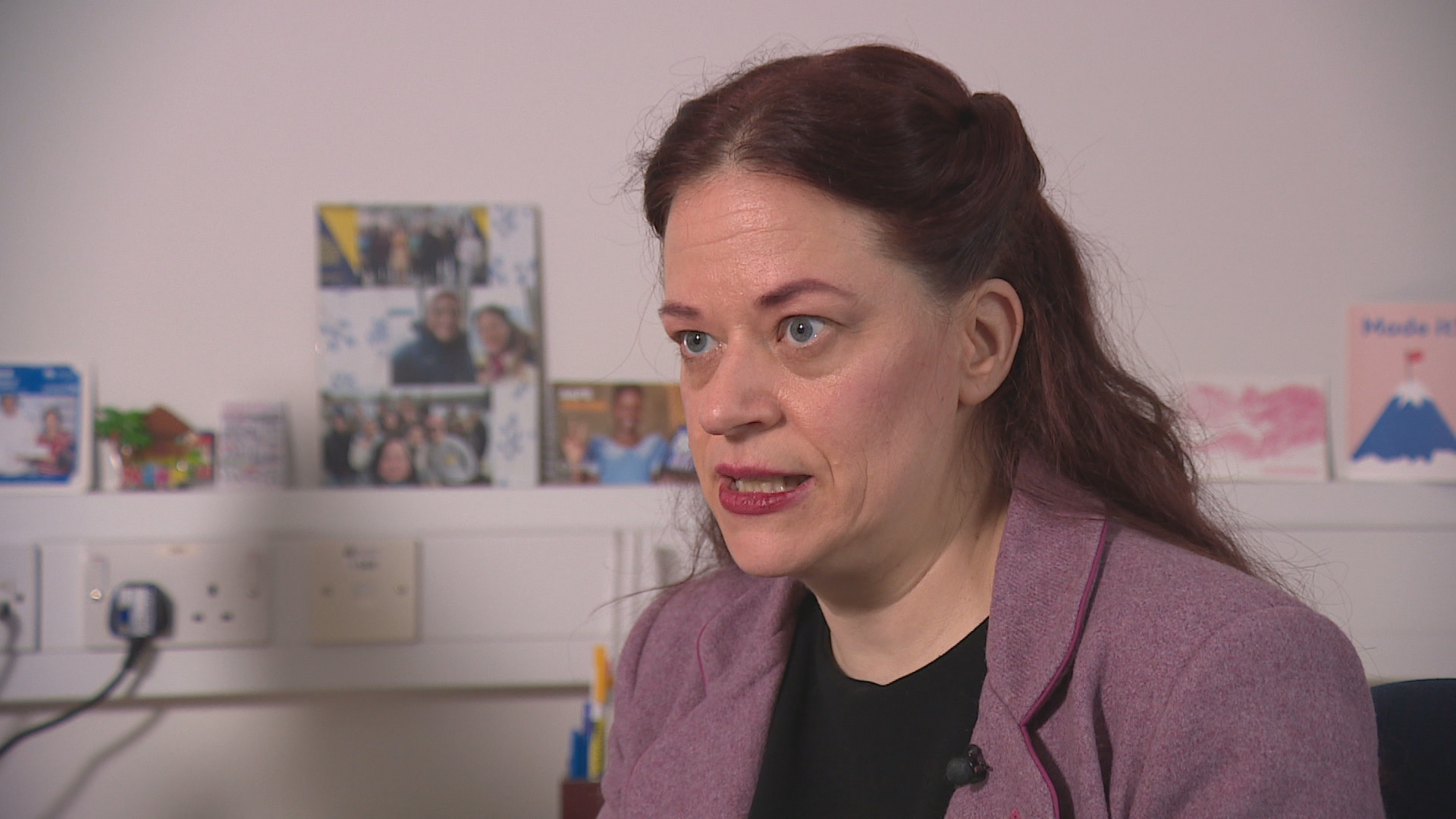 STV News
STV NewsProfessor Fry said: “We gathered all of these studies from representative surveys of children and young people, so this is their own experiences.
“We then use statistical techniques to pull the data together to produce regional estimates.”
Childlight, hosted by the University of Edinburgh and established by the Human Dignity Foundation, says Police Scotland is playing a vital role in holding perpetrators to account and preventing further abuse against children.
However, it says the gap between victim estimates and police data on recorded Scottish cases is also evidence that the pandemic is too big for law enforcement alone.
It believes the “pandemic” can be ended with more emphasis on preventive measures, including around education, regulation and global collaboration.
The figures are based on Childlight’s Into The Light project which examines the prevalence of online child sexual exploitation and abuse (CSEA).
“We conducted a multi-country study of men in the UK, US and Australia around their behaviours online,” explained Professor Fry.
“We found in the UK that one in 14 men self-reported committing online offending behaviours, ranging from deliberately looking at child sexual abuse material, to paying for sexual content involving children, or engaging in sexual conversations with children online.
“I think being able to see the true scale is incredibly important – not only for frontline services to make business cases for investment but also to understand we need to take a preventative approach.
“We really need to be thinking about how we stop this from ever happening in the first place.”
Paul Stanfield, Childlight’s chief executive, believes it can feel impossible for victims of child abuse to speak about what’s happened to them.
“It’s the level and stigmatisation people feel,” he told Scotland Tonight. “I’ve been approached by people who have kept it to themselves for 50 years.”
Mr Stanfield recognises how vastly underreported such crimes are due to the shame felt by victims.
In October, Alexander McCartney was sentenced to a minimum of 20 years in prison.
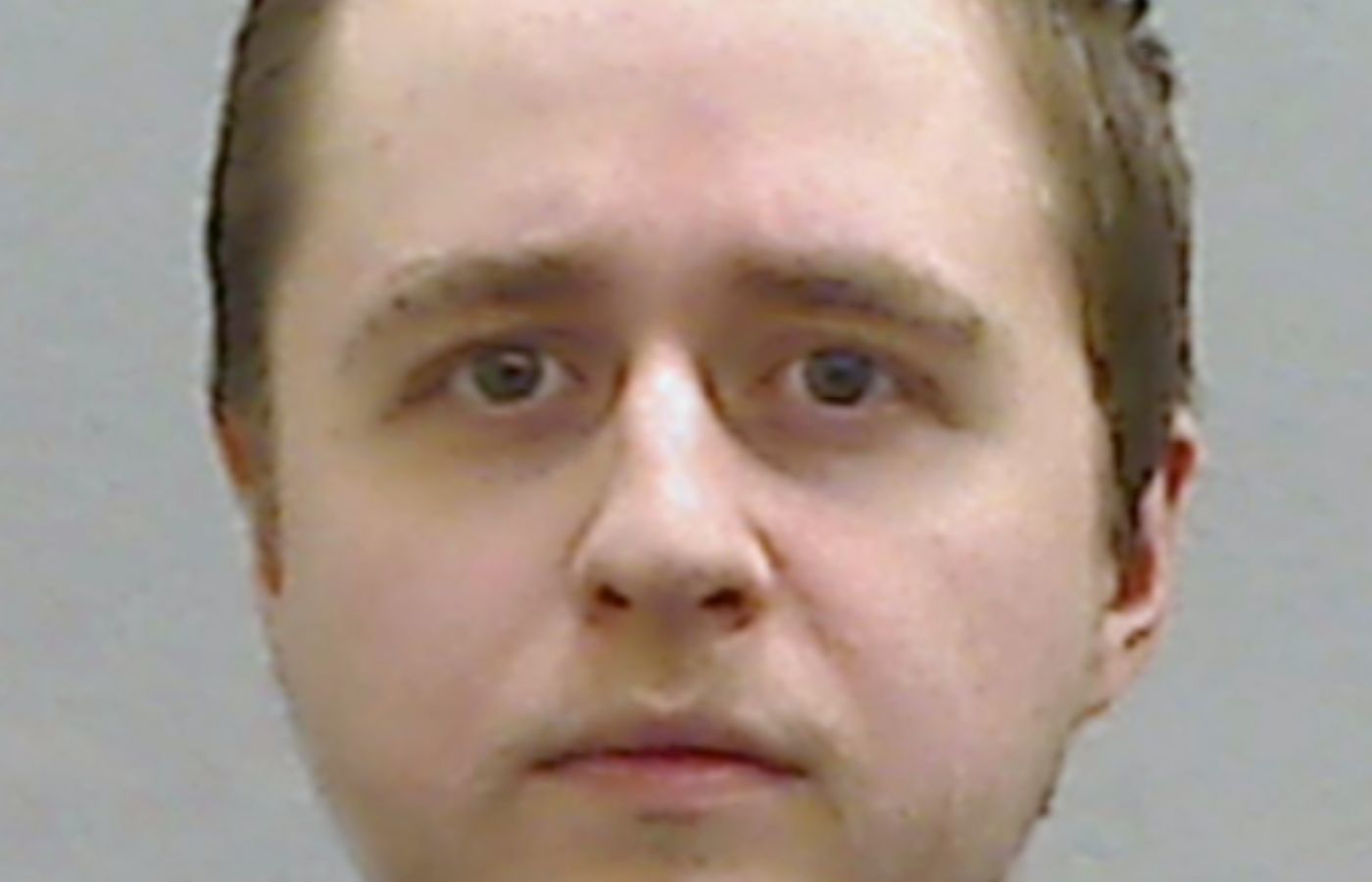 PSNI
PSNIThe 26-year-old pretended to be a teenage girl, going on to abuse and blackmail children around the world.
The Northern Irish man admitted 185 charges, including manslaughter, after a 12-year-old girl he was abusing took her own life.
The investigation into his prolific crimes was triggered after a young girl in Scotland reported what had happened to her.
“3,500 victims were identified but only four reported it to the police,” said Mr Stanfield.
Childlight is calling for online child abuse to be treated as a public health issue due to its prevalence and the lasting damage it can cause.
Mr Stanfield would like social media platforms to do more to keep children safe and is also urging governments to bring in more regulation.
“Unfortunately at the moment, because there’s no regulation on the internet, it really is the Wild West. Anything goes,” he said.
“So what you’re doing is trying to play catch up. (Social media) is a key enabler and it has grown exponentially as a result of it. You’ve provided child sex offenders with a platform by which they can come together.”
A spokesperson for the UK Government said the introduction of the Online Safety Act next summer will introduce strong safeguards for children online – and that platforms that fail to protect children from online sexual abuse could face significant fines.
‘Young people often feel blind panic when contacting Childline’
Lauren Burke has worked at Childline for the past eight years.
She says children calling in are sometimes very distressed, with call handlers at the charity often the first adults that child victims reach out to.
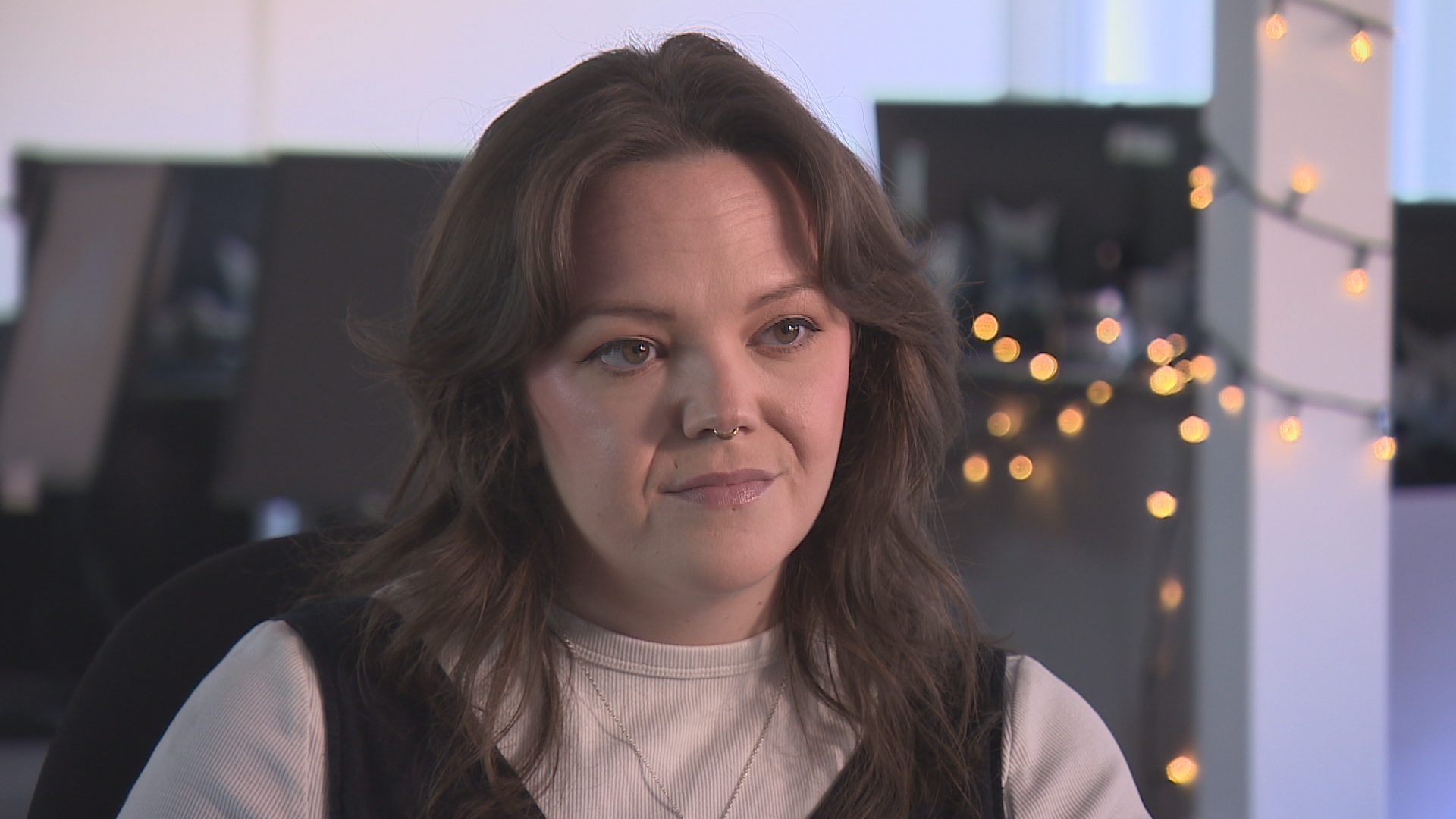 STV News
STV NewsMs Burke said: “Initially, we want to know how the young person is feeling about it.
“And once they feel they’re in a place that they’re ready to talk about what’s happened, or maybe want to look at next steps, that’s when we can start introducing what they want to do about it and how we can support them to get there.
“What we don’t have is a blanket approach of ‘just go and tell your mum’ because they might not be the safest person. But once we’ve established their relationship we’ll slowly work towards that.”
Ms Burke says young people contacting the helpline often feel “blind panic” at being snared by an online predator.
They worry about being publicly exposed and that it will impact their future life chances, such as going to university or getting a job. Last year, more than 2,000 children reached out about sexual exploitation online.
“We want them to know 100% they’re not alone with it,” she said. “It feels incredibly isolating when this happens to you. But I’d like to think when a young person comes to Childline they can hear an adult saying to them, ‘it’s ok, there’s things we can do’.
“It’s important for parents to discuss the pros and cons of being online with children so they are aware of potential harms. Online predators are incredibly skilled at finding victims and gaining their trust.
“It would take two hands for me to count how many times I’ve heard, ‘I thought they loved me’. They can pull people in so authentically that adults wouldn’t be able to decipher it as somebody that’s not genuine.
“So how are we expecting young people who haven’t been online to decipher it? It’s never, ever the fault of the young person.”
Aoife’s Story
Five years ago, aged just 15, Aoife found herself targeted by an online predator.
“One minute you’re 15 and having fun on a social media app and then the next thing you’re suddenly in so much trouble and you feel like you’re the only person in the world and you don’t know where to turn with it.”
Busy studying for her national five exams, Aoife also spend a lot of time online and on social media. She describes her use of social platforms as “second nature” and “everyone had it”.
While chatting online to who she thought was a boy her own age, he asked her to download another app which was an encrypted private messenger.
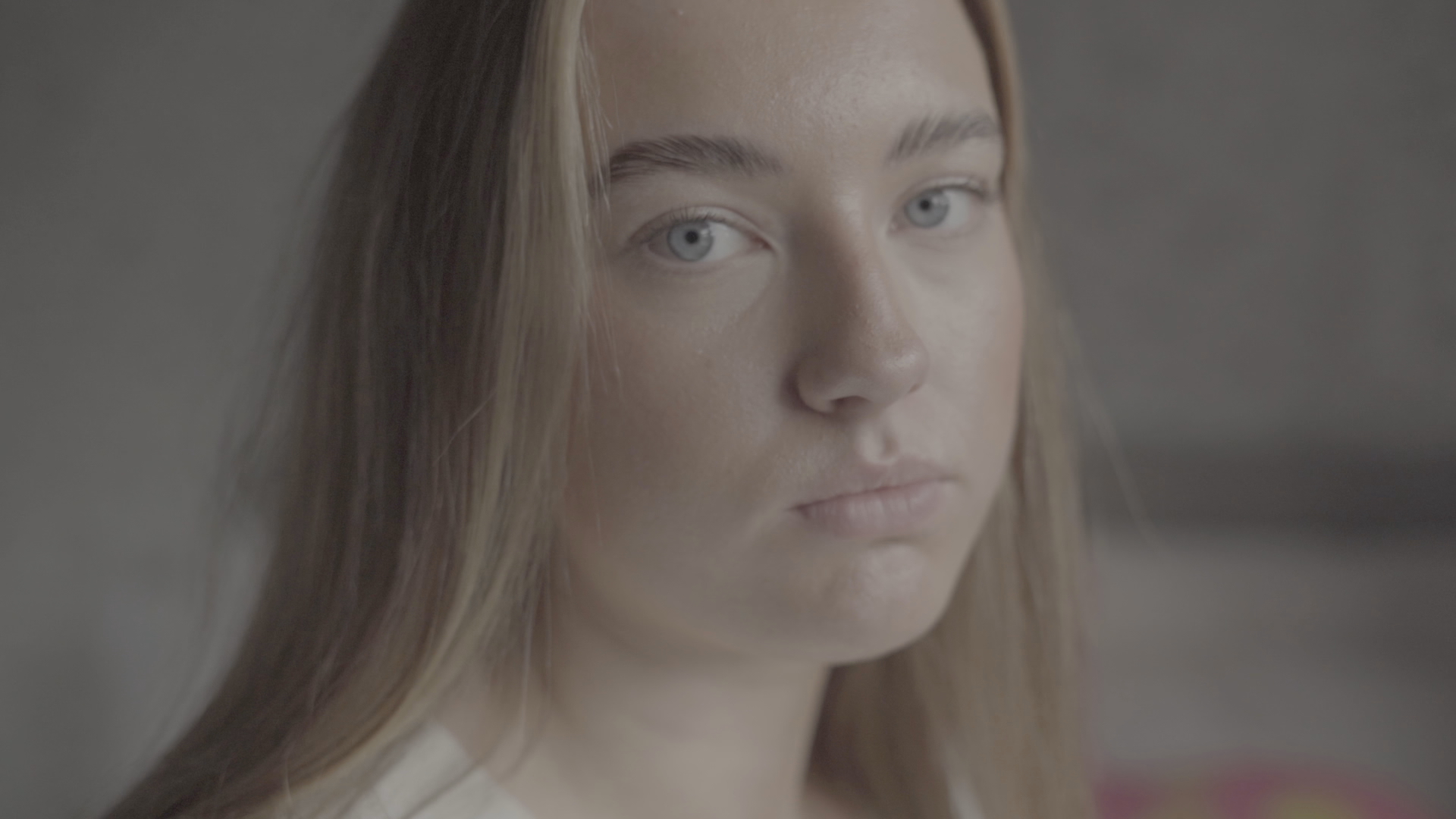 STV News
STV News“After we were messaging a while, he asked for pictures of myself. And I did it. I was 15.”
But after she shared an intimate photo of herself, the tone of the conversation changed.
“He said he was much older than me, that he was 22. He had a degree in cyber security. The way he described himself was that he was untouchable and he was so powerful it didn’t matter what I did.”
Aoife immediately experienced more threats as the man demanded more pictures of her.
“I remember the bit that gave me the shock of my life was (he told me) if you don’t comply, I’ll send these photos you’ve already sent me to your Facebook family and friends.
“I just felt like, you know in the movies when someone’s alone and everything just turns black. Mum and dad were down the hall and my sisters in their bedrooms, but I felt like the only person that was in the world.”
Despite being filled with panic and dread, Aoife remembered a helpline she’d been told about in school. Her abuser was still bombarding her with threats and demands but she managed to convince him she was logging off to go to sleep as she had school in the morning.
She logged onto the CEOP (Child Exploitation and Online Protection) website and had the presence of mind and courage to report what had happened to her.
The following day, Aoife’s teacher phoned her dad.
“He sat me down and said the school had just phoned. They said you reported an incident that happened last night, tell me about it.
“And then I just broke down. It was difficult. It’s one thing knowing this person has all this power over you and pictures of you.
“It’s another thing having to admit to your mum and dad. But after I told them they were very supportive and my dad was like, we’ll phone the police and let them deal with it.”
After an 18-month investigation by the police and National Crime Agency, Aoife’s abuser, a man from West Sussex, was tracked down.
Jordan Croft admitted 65 offences against 26 girls and women aged between 12 and 22. In 2022, he was jailed for 18 years and will spend another eight years on licence.
Aoife joined the other victims in court and they held hands as he was brought to justice.
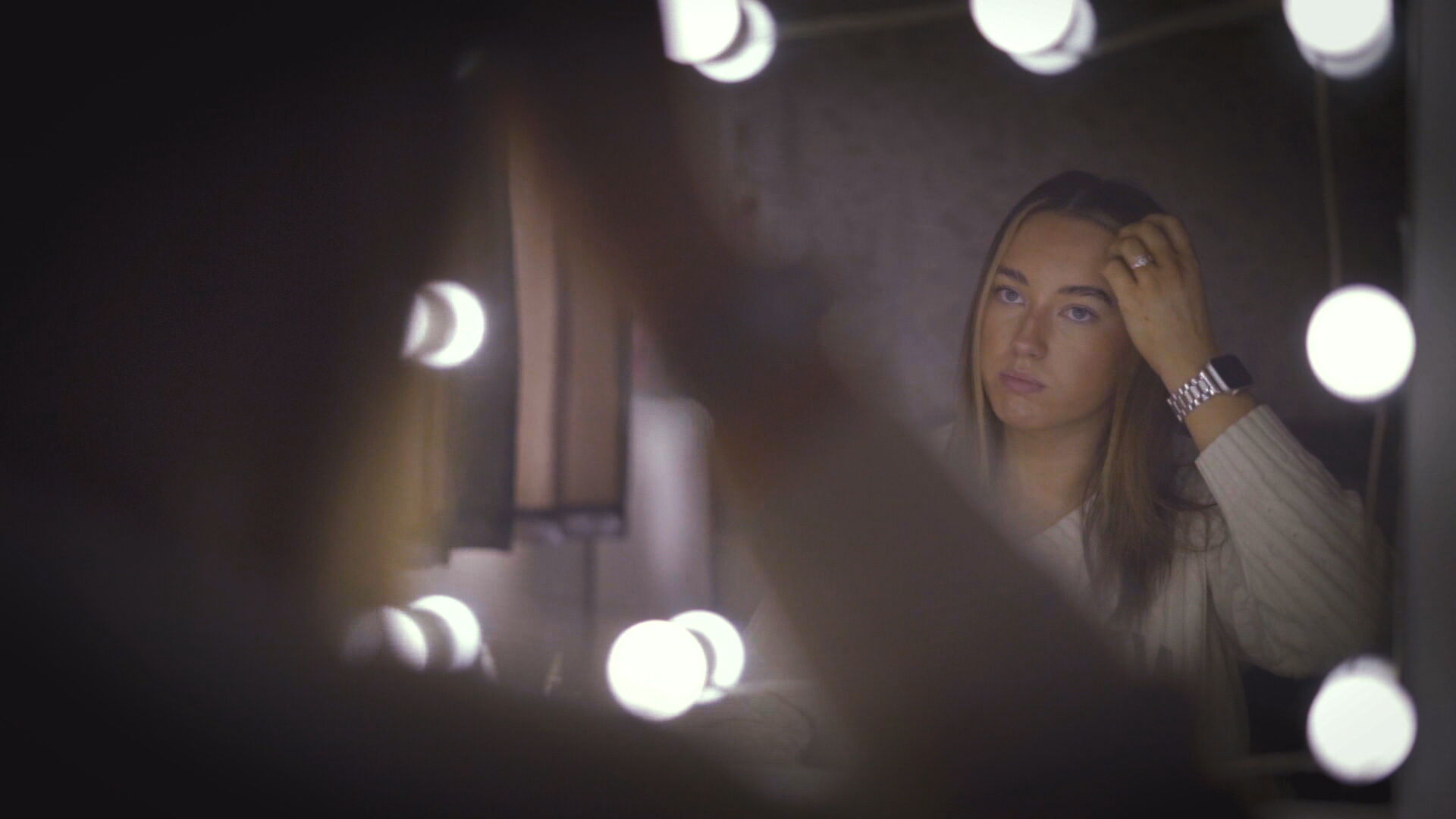 STV News
STV NewsAoife volunteers for the NSPCC as she wants to use the awful experience she had to help others. Seeing him convicted has helped her realise what happened wasn’t her fault.
She said: “My abuser’s already in jail, he doesn’t have power over me. I can turn something disgusting and horrible into a good thing where I can help other people.”
Her advice to others is clear.
“Just tell anyone. Tell someone that you trust, someone you think will look after you. That will probably be one of the hardest conversations of your life but it’s so worth it.
NSPCC (Childline) – children and young people can call 0800 11 11. It’s a free service, available 24/7.
Adults concerned about a child can call 0808 800 5000 (available 10am-4pm), email help@NSPCC.org.uk or visit www.nspcc.org.uk/keeping-children-safe/reporting-abuse/nspcc-helpline/.
If you’ve been a victim online sexual abuse, it’s not your fault. If you’re at immediate risk of harm, call 999 or 101. Or you can go to ceop.police.uk to make a report to a child protection advisor. You’ll also find lots of resources for children and young people of all ages, as well as advice and guidance for parents, carers and education professionals.
The Childlight data will be explored in a special edition of STV’s Scotland Tonight programme on Thursday, December 12 at 8.30pm on STV and STV Player.
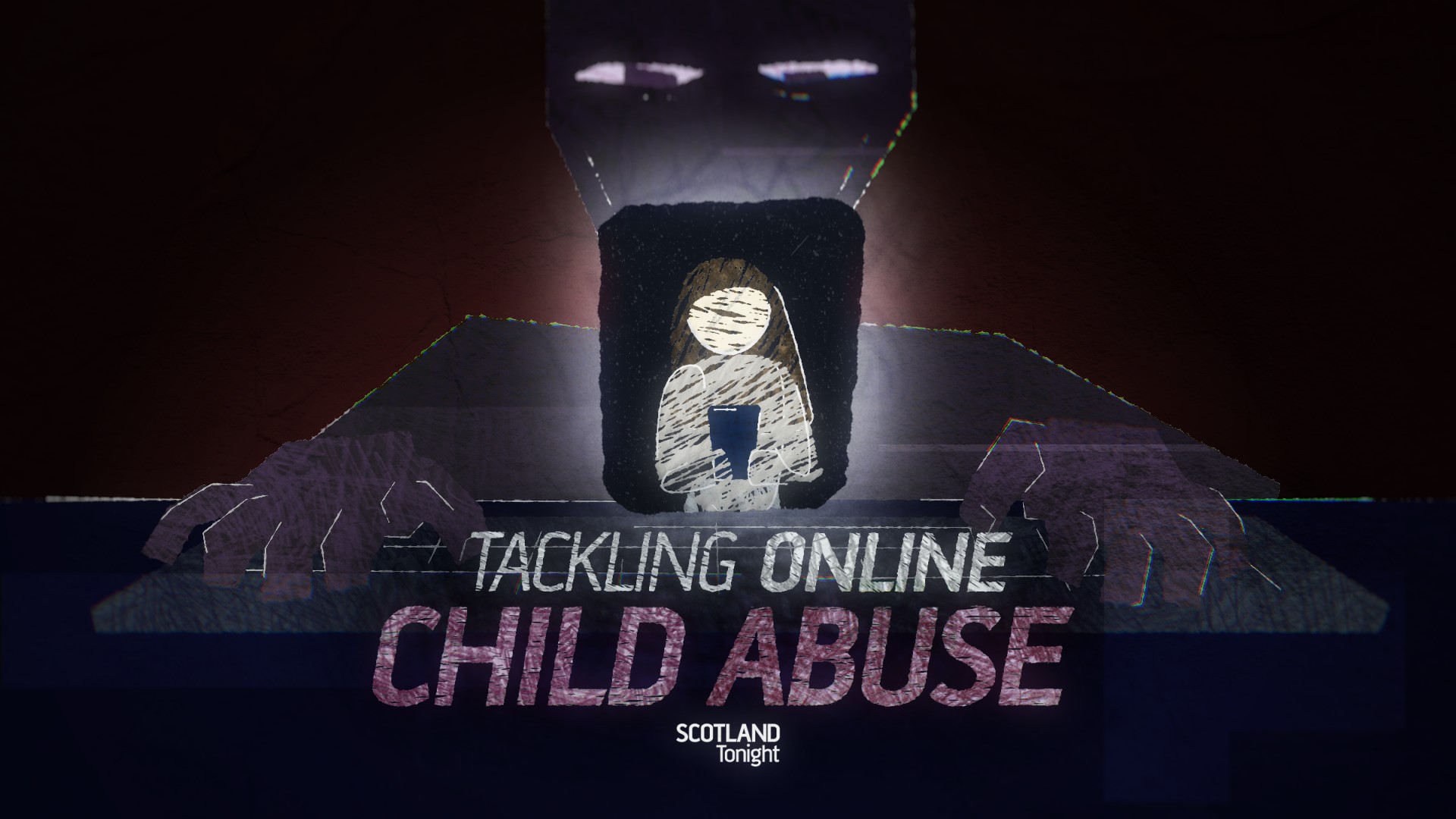 STV News
STV NewsFollow STV News on WhatsApp
Scan the QR code on your mobile device for all the latest news from around the country


